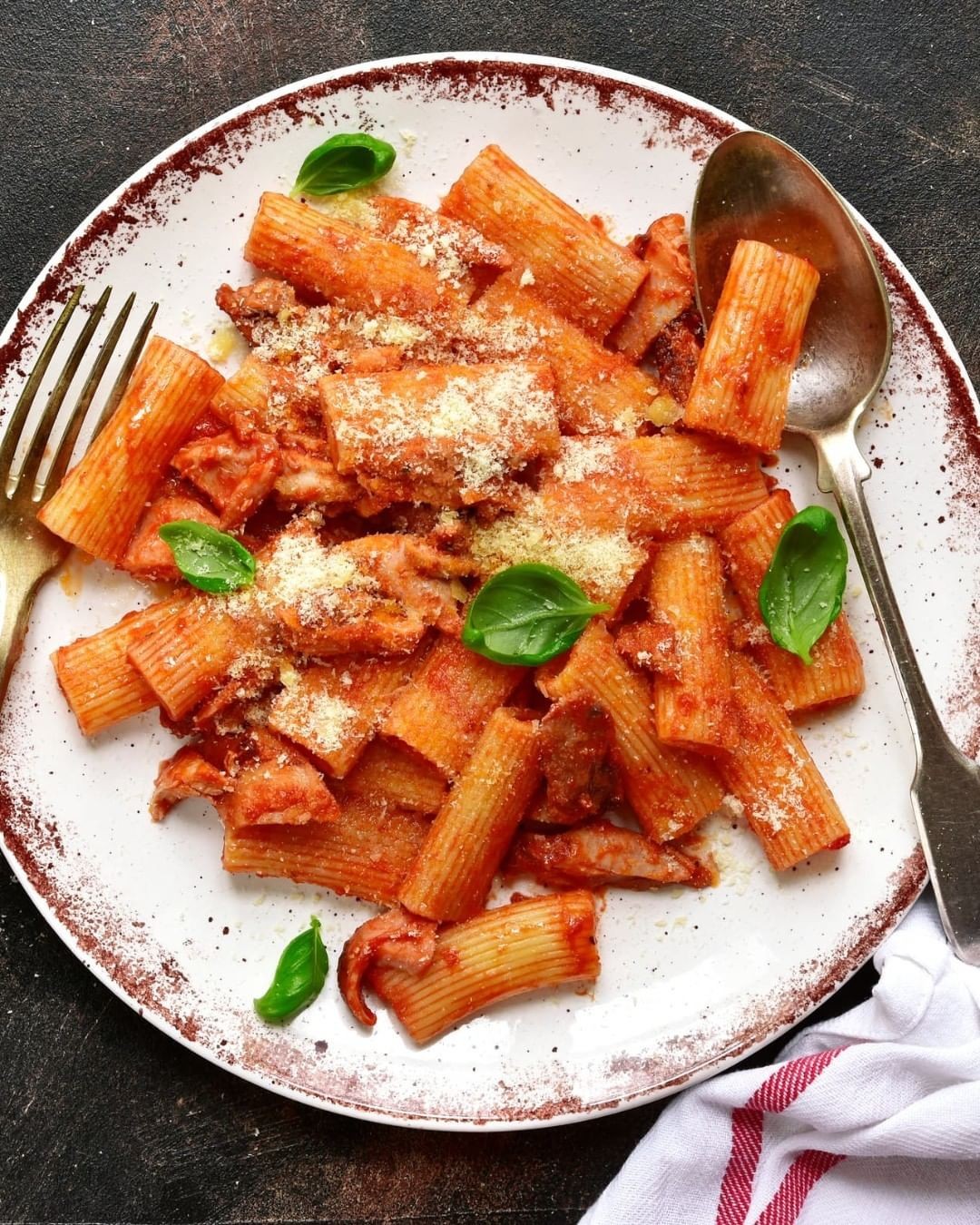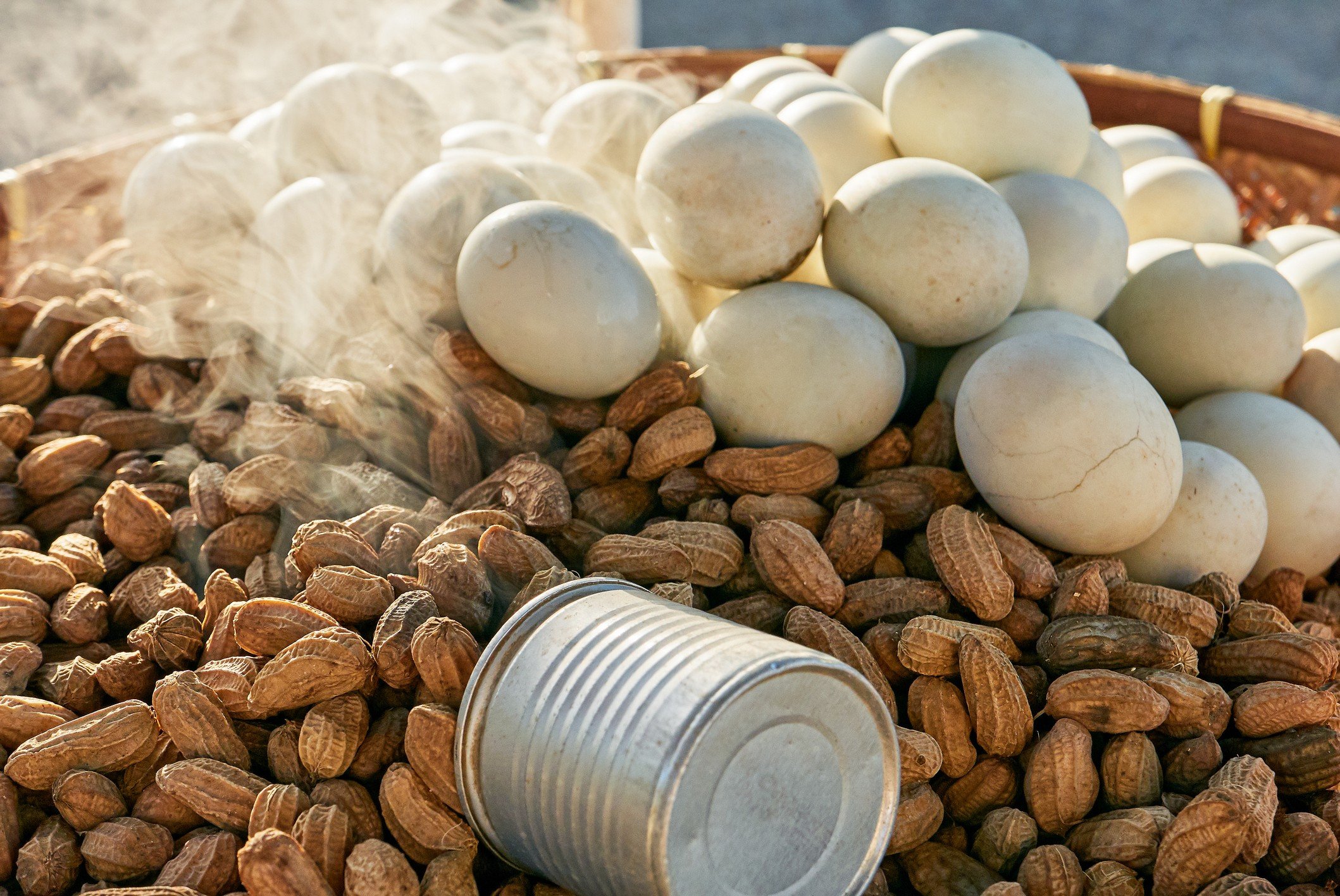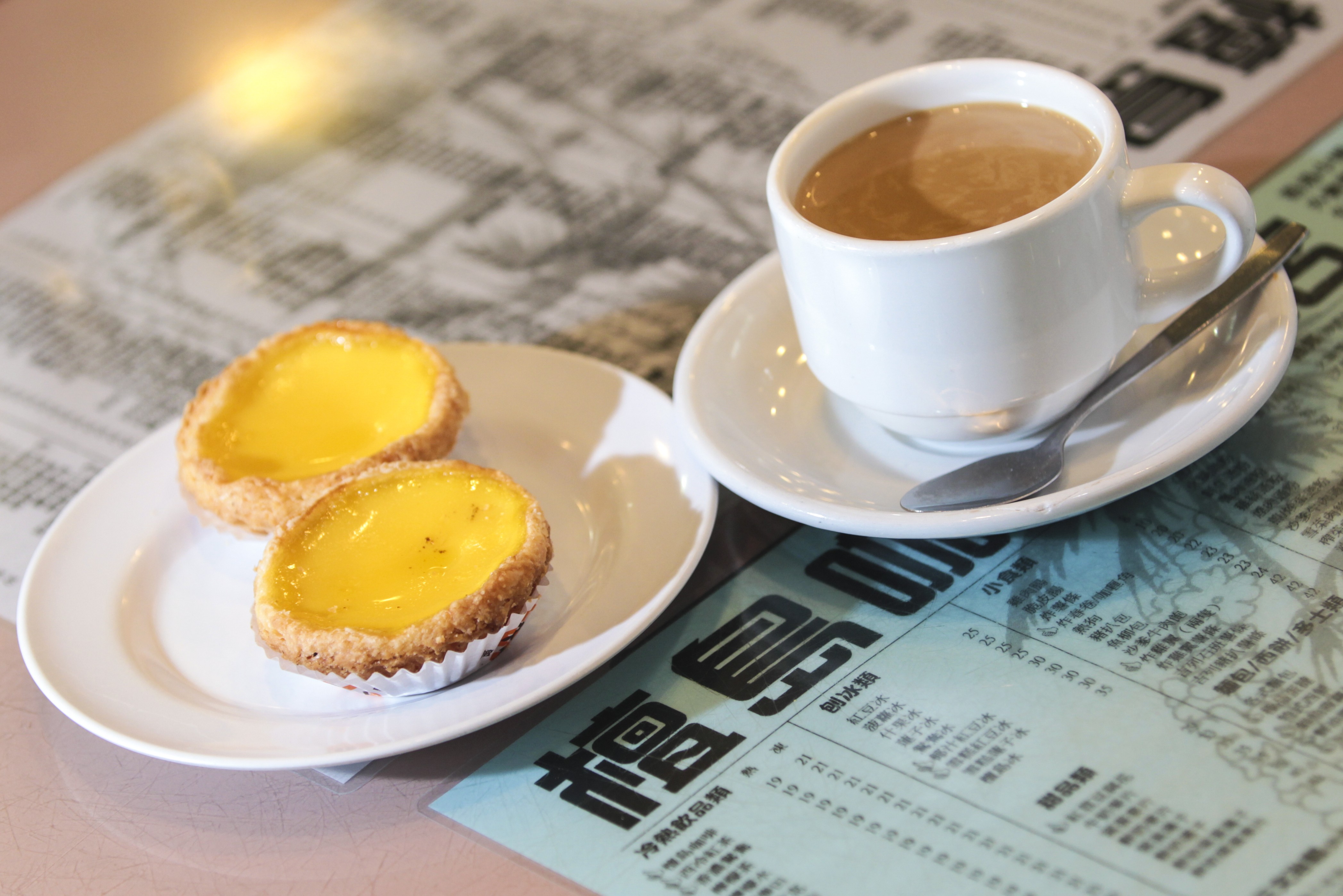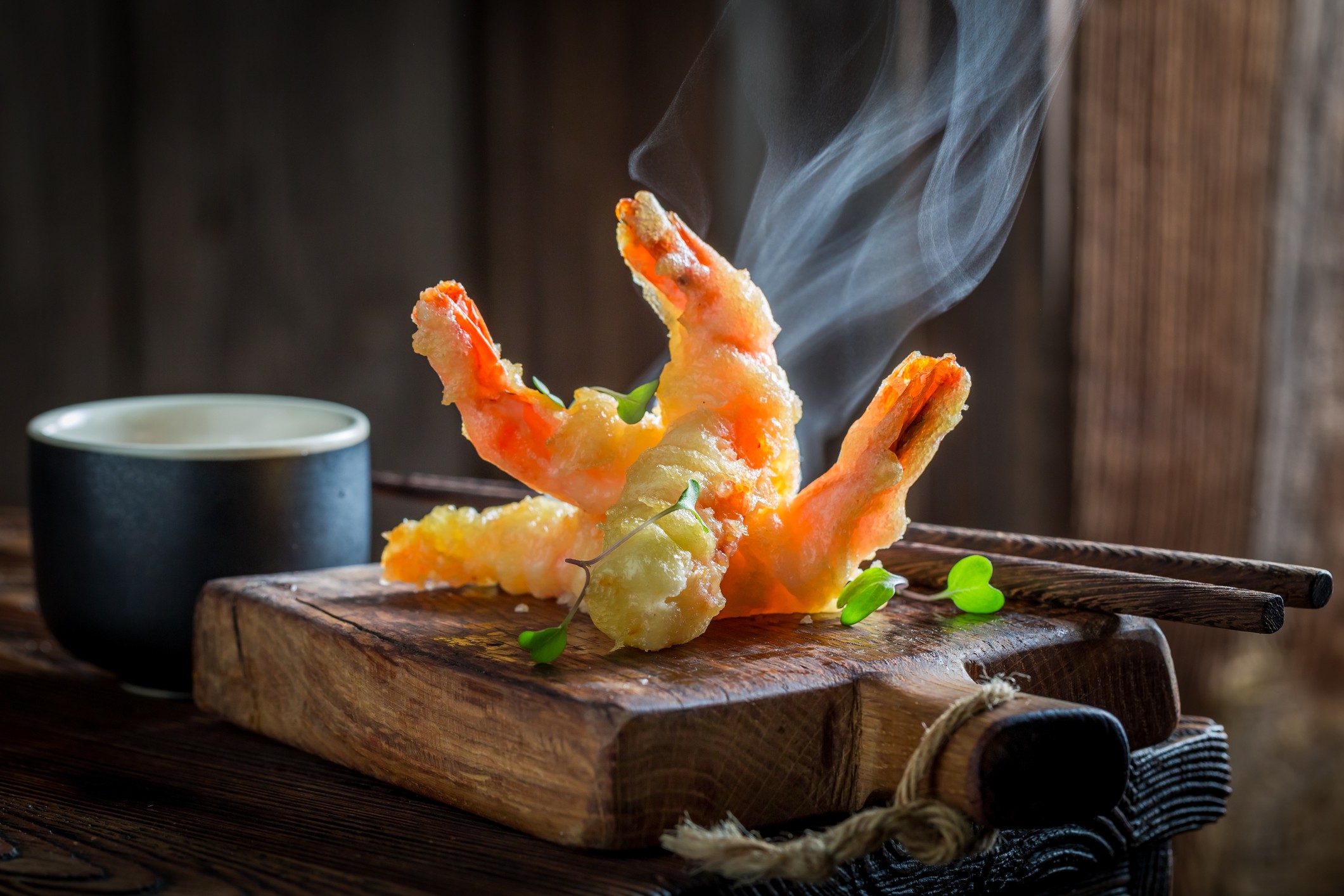Rotten cheese with wriggling live maggots? Sardinia’s beloved casu marzu might be illegal to sell – but tourists are mad for it
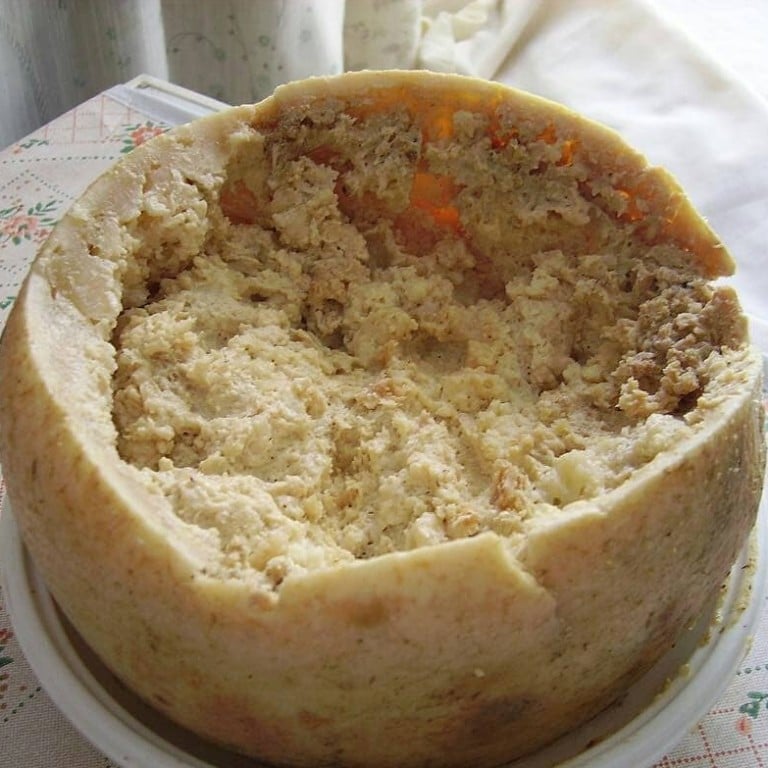
Adventurous foodies visiting the Italian island love eating casu marzu, paired with the flatbread, pane carasau, and gulped alongside the local red wine Cannonau – but the dubious legal status of eating insect-infested, decomposing pecorino makes it tricky to find
Sardinia is renowned for its pecorino Romano cheese, and is in fact, the largest producer of this ewe’s milk cheese. This fact however, is often overshadowed in favour of the island’s other claim to cheese fame, casu marzu.
Considered a Sardinian delicacy and an aphrodisiac, casu marzu – meaning rotten cheese in the local tounge – is exactly that; decomposing pecorino complete with a pungent, eye-watering aroma, and wriggling maggots and their cheesy excretions.
An insect-infected cheese covered with creeping maggots is confronting and not something that I would recommend anyone try
How is it made?
The cheese is thought to have been enjoyed for centuries after a classic accidental discovery. Probably by a hungry or adventurous shepherd with a strong constitution, who upon discovering the cheese had gone rotten decided to give it a try anyway. To make the cheese the top crust of a pecorino round is cut off, or holes put in, and this exposed cheese and its smell attract the cheese fly, Piophila casei. The flies lay eggs that hatch during a storing period of up to three months in a cool, dark place.
The larvae or maggots feed on the cheese, digesting and passing it, resulting in the cheese’s distinct soft and creamy texture and rich flavour. A typical casu marzu is thought to be home to thousands of tiny maggots. The cheese is considered ready to eat when liquid known as lágrima (meaning teardrop) leaks through the rind. It is traditionally eaten with the local flatbread (pane carasau), accompanied by a local red wine (typically Cannonau).
How does it taste?
Those that have tried it refer to it as: strong, reminiscent of Stilton or Gorgonzola, sour, rich, complex, with an increasing taste leading to an aftertaste that lasts for hours. Andrew Zimmern, during an episode of his show, Bizarre Foods, upon trying the cheese said, “It is so ammoniated that it actually scorches your tongue a little bit, but you want to keep eating it … with an incredible texture”, likening it to an extremely aged blue cheese.





